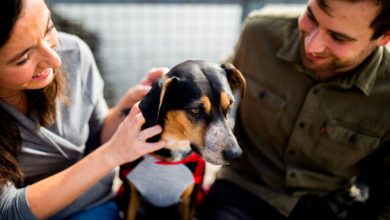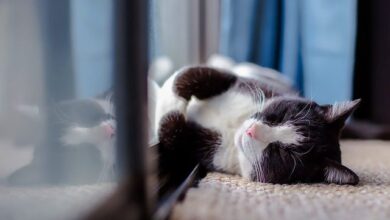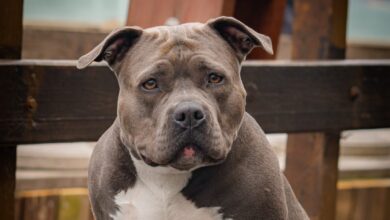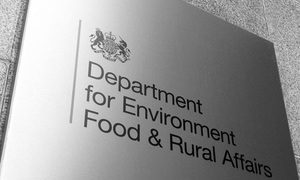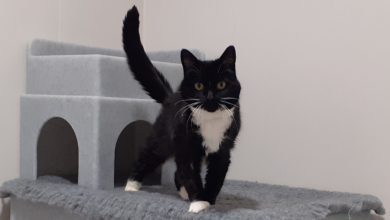Trade associations call for review of UK animal activities licensing
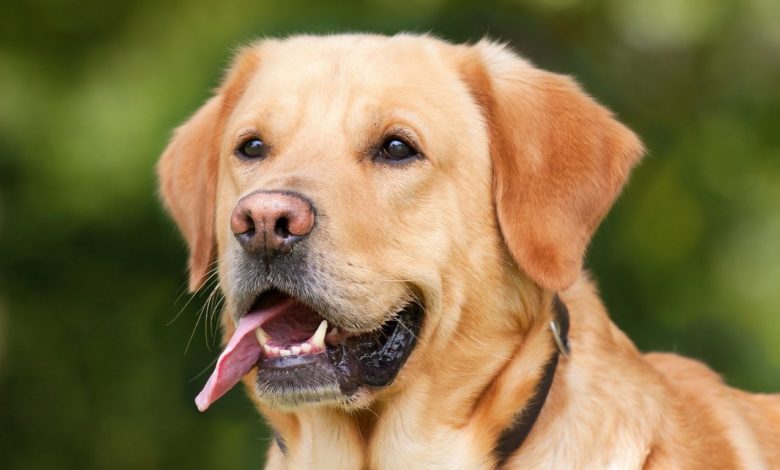
An investigation into the new Animal Activities Licensing system in England has revealed it has “done little to improve animal welfare” but is tying up businesses in “unnecessary” red tape, according to two trade associations.


